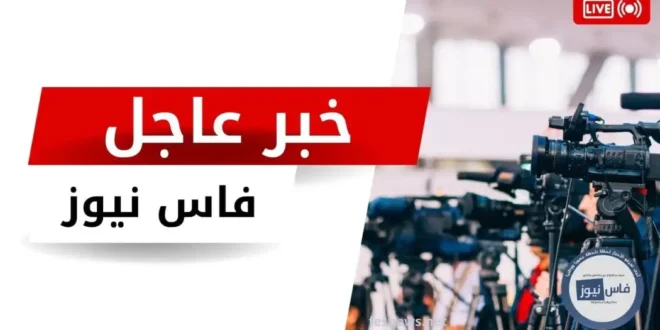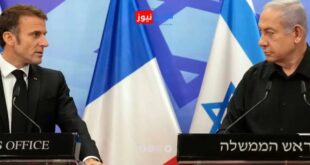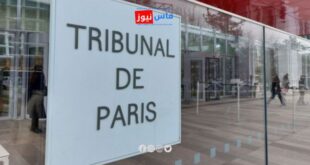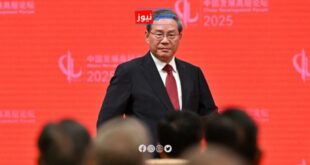Algeria Summons French Ambassador, Labels Judicial Action “Unprecedented” and Aimed at Undermining Bilateral Relations
Tensions have flared anew in Algerian-French relations following Algeria’s strong protest against the French judicial authorities’ decision to place the acting Algerian consul in France in pre-trial detention. This action comes after the consul’s alleged involvement in the kidnapping of an Algerian citizen on French soil.
The Algerian Ministry of Foreign Affairs described the judicial procedure as “unprecedented in the history of relations between the two countries,” considering it an attempt to thwart ongoing efforts to revive bilateral ties between Algeria and France, which have experienced frequent fluctuations and tensions in recent times.
In a move reflecting Algeria’s deep dissatisfaction, the Secretary-General of the Algerian Ministry of Foreign Affairs, Amar Belani, summoned the French Ambassador to Algeria to lodge a formal protest against what Algeria deemed a “violation of diplomatic norms.”
Algerian diplomatic sources emphasized that the detention of a diplomatic official at this level represents a serious precedent and contradicts the immunities and privileges guaranteed to consular representatives by international law and diplomatic conventions.
This incident adds a new chapter to the series of tensions that have strained relations between Algeria and Paris. After a period of relative calm following certain diplomatic initiatives, this new issue appears to threaten the efforts aimed at overcoming differences and developing cooperation between the two nations.
As of now, there has been no official comment from the French side regarding the Algerian protest or the circumstances surrounding the case that led to the detention of the acting consul.
These developments are expected to cast a shadow over the future of Algerian-French relations, particularly given the sensitivity of shared bilateral and regional issues. The question remains regarding the repercussions of this escalation and how this new diplomatic crisis will be addressed.
 فاس نيوز ميديا جريدة الكترونية جهوية تعنى بشؤون و أخبار جهة فاس مكناس – متجددة على مدار الساعة
فاس نيوز ميديا جريدة الكترونية جهوية تعنى بشؤون و أخبار جهة فاس مكناس – متجددة على مدار الساعة












 China Assures EU: We Have Tools to Offset Economic Turbulence Amid Tensions with Washington
China Assures EU: We Have Tools to Offset Economic Turbulence Amid Tensions with Washington